Director: Hung Tzu-Hsuan
Cast: J.C. Lin, Kang Ren Wu, Nana Lee, Nikki Hsieh, Frederick Ming Zhong Lee, Jack Kao, Ming-Shuai Shih, Ling-Li Chen, Naomi Lee, Ming-Lieh Hsu
Running Time: 105 min.
By Paul Bramhall
Modern Taiwanese cinema may be well regarded for its dramas and arthouse fare, however one genre that definitely isn’t likely to spring to mind is the action one. While there have been some notable efforts, such as the Black & White TV series spin-off movies (2012’s The Dawn of Assault and 2014’s The Dawn of Justice) and the 2015 gangster flick Gatao (plus its 2018 Collin Chou starring sequel, Rise of the King), none of the titles mentioned have resonated beyond local shores. It’s a shame, as they’re certainly no worse than many of the big budget Mainland China productions that get distributed in the West, however one movie that’s planning to change all that is The Scoundrels.
Arriving with neither a big budget nor an established director, first time feature length helmer Hung Tzu-Hsuan instead looks to anchor his movies success on the promise of a gritty story and hard hitting action. Well, he has my attention at least. Riffing on the theme of the disgraced sports star who turns to crime, much like the 2014 Korean gangster tale For the Emperor, in The Scoundrels we meet a down on his luck former up and coming basketball star who’s fallen on hard times.
Played by J.C. Lin (The Last Painting), we learn that a while ago his temper sent a heckling fan to hospital during a game, which results in him reluctantly joining a gang of car thieves to pay off his victim’s medical bills. Working amongst the bottom rungs of the gang, Lin’s only role is the menial task of placing hidden GPS trackers on the vehicles the gang want to steal, so that they can easily be tracked. The other scoundrel that the plural of the title refers to is known as the Raincoat Robber. A thief who specialises in robbing armoured trucks during downpours, adorned in a matching black trench coat and motorcycle helmet, his daylight robberies have made him the stuff of legend. Played by Wu Kang Ren (White Ant), when one of the cars Lin places a GPS tracker on turns out to be Ren Wu’s, not only is he caught red handed, but also ends up being forced at gun point to help Ren Wu, leading to the pair forming an uneasy partnership.
It’s the dynamic between the pair that anchors The Scoundrels, with Ren Wu seizing the opportunity for Lin to put him in contact with the gang boss, who he hopes will help him launder the stolen cash, and Lin’s gradual realisation that he may be able to leverage Ren Wu to get a decent pay day for once. All the while Lin has to deal with his nurse girlfriend (Nana Lee, Rookie Chef), who’s written him off as a no-hoper, and Ren Wu knows that an innocent bystander (Nikki Hsieh, The Assassin), hospitalised after being caught in the crossfire of his last heist, could expose his identity to the cops. So you have two amoral protagonists, placed in a situation to make them the equivalent of tightly wound coils, attempting to work together for their own individual benefit. It’s a recipe for an entertaining movie if ever there was one (and indeed there have been several, with the likes of Changing Lanes and Collateral immediately springing to mind).
For the most part, The Scoundrels does indeed entertain. Tzu-Hsuan has directed several action-themed short films before, and the energetic tone of those endeavours is successfully transferred across to a full length feature. A sizable amount of the credit also has to go to action choreographer Scott Hung, who was responsible for choreographing the previously mentioned Gatao 2: Rise of the King, and puts together a handful of entertainingly chaotic group brawls. While Taiwan is geographically closer to Hong Kong, the style of action on display more closely resembles the rough and tumble aesthetic found in many Korean movies, and there was more than once when the fists and kicks on display reminded me of the likes of The Merciless.
A restaurant brawl is a highlight, with Lin and Ren Wu cornering the gang boss (Frederick Ming Zhong Lee, Petaling Street Warriors) when he’s eating alone, only to discover he owns the whole restaurant. What follows is a highly creative throwdown against multiple opponents, as the pair utilise spicy sauce, a yum cha table, and most amusingly, a CCTV camera. When Lin rips the camera off the wall to brandish as a weapon, the point of view frequently switches to that of the camera itself, as its used as a kind of makeshift brick, in a sequence which shows both a flair for comedy and a welcome breath of creativity. Much like the Ma Dong-seok vehicle Unstoppable, the brawl also incorporates one opponent who’s clearly proficient in taekwondo, and whose kicks lead to some satisfying impacts and falls. It’s a joyous scene to watch as an action fan, and delivers where it counts.
The action scenes are also distinctively filmed in a different way than the rest of the movie, with a switch to hand-held cameras and what I’d guess are most likely GoPro’s, which allow for a variety of creative angles and impact shots. The camerawork adds a welcome franticness to the action, while never obscuring it, and in some scenes recalled the amazing opening to The Villainess. Much like the pedestrian bridges of Hong Kong frequently played a part in the contemporary action flicks of the territories cinematic heyday, so to Tzu-Hsuan makes great use of Kaohsiung’s many alleyways and high density architecture for a tense chase scene. It’s a reminder that Taiwan shouldn’t be ruled out when we discuss Asia’s action movie output, even if such outings are rare.
Action isn’t the only trick that Tzu-Hsuan has up his sleeve though, with the latter half displaying some smart storytelling choices thanks to some surprising twists. The direction The Scoundrels goes down sends it into heist movie territory, and it’s here that the signs of a debut feature length director begin to show themselves. While the execution is effectively executed, the tonal shift from the briskly paced and action sprinkled first half puts a dent in the momentum, despite the plot choices being one of the productions strengths.
The characterisation that I was expecting to develop never really happens either. We know Lin has a violent temper, it’s the trait which led to him being in the situation he’s in, however it’s never explored as to why he’s like that. Similarly for what Ren Wu’s real motivations are, beyond those which are briefly hinted at. We never really have a chance to be invested in his character, as we don’t get to know him enough to understand the why of what he does. Thankfully though with a runtime of 105 minutes, these flaws are forgivable, and The Scoundrels doesn’t stick around long enough to dwell upon them, making for a movie that doesn’t outstay its welcome.
While the inevitable final confrontation between Lin and Ren Wu is suitably punishing, the choreography loses that energetic spark that was present during the group brawls, instead opting for a scrappy showdown that serves to show just how desperate they both are. It’s a worthy finish, however how much audiences enjoy it will likely depend on how much they accept the fact that tonally, The Scoundrels ends feeling considerably different than how it starts. That’s not necessarily a bad thing, and for those who find the concept of two guys being able to beat up a small army to be a little on the unrealistic side, the change in direction may even be a welcome one.
The Scoundrels is a solid genre effort, delivering a well-paced crime thriller which has a healthy dose of action. As a feature length debut, it’ll serve as an effective calling card for Tzu-Hsuan to present himself as a leading voice for the action genre in Taiwan, so here’s hoping he gets another chance to use it sooner rather than later. The fact that it’s a Mandarin language production that doesn’t need to end with the cops showing up to arrest all the bad guys and remind us that crime doesn’t pay, well, that’s just a bonus.
Paul Bramhall’s Rating: 6/10

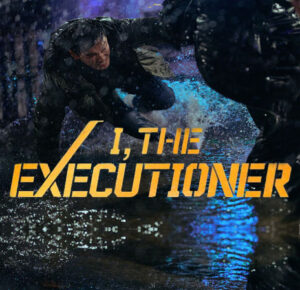
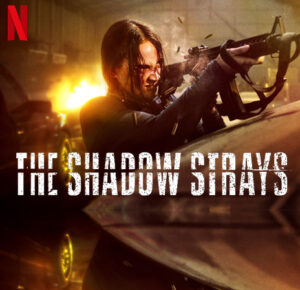

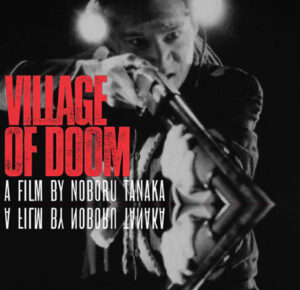
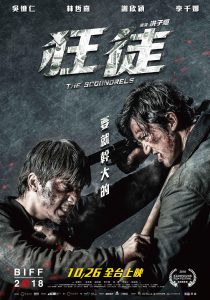



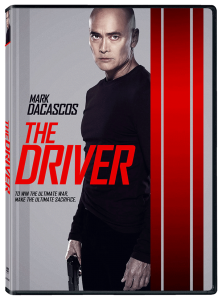

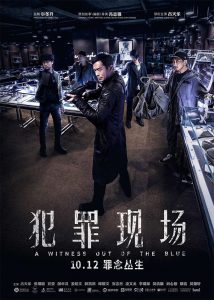
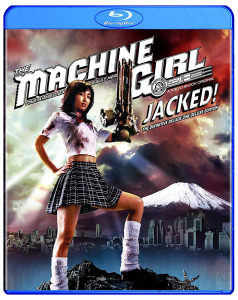
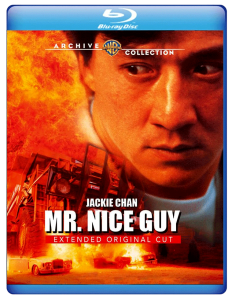


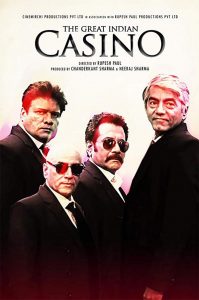

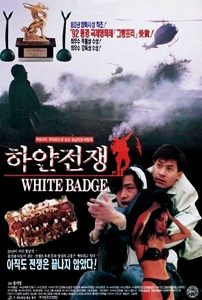
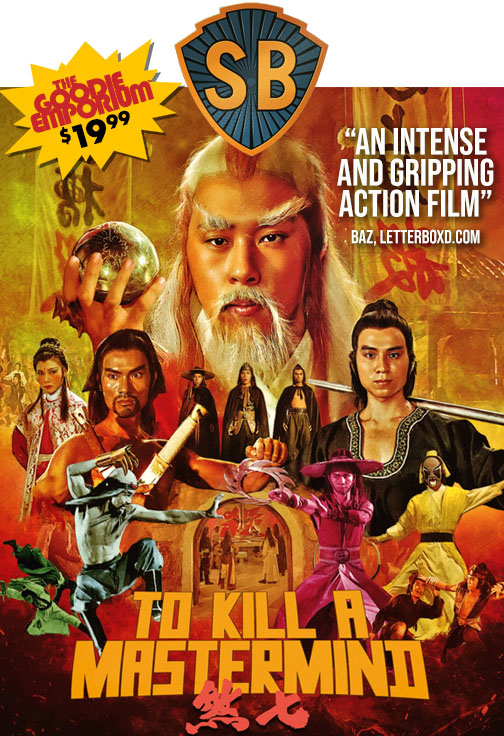



5 Comments